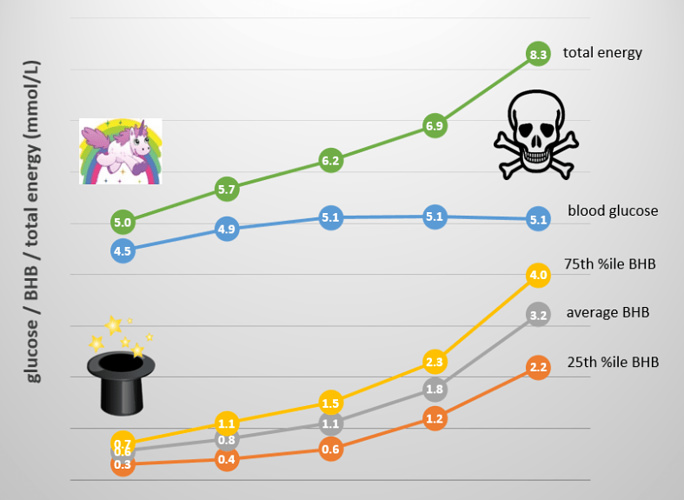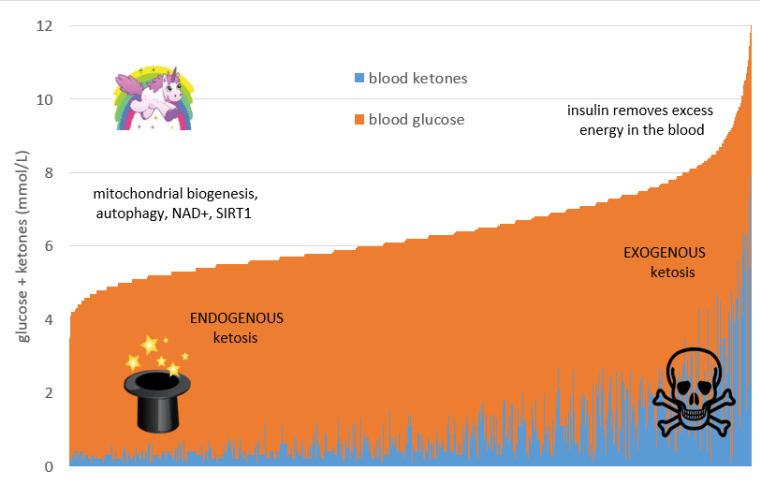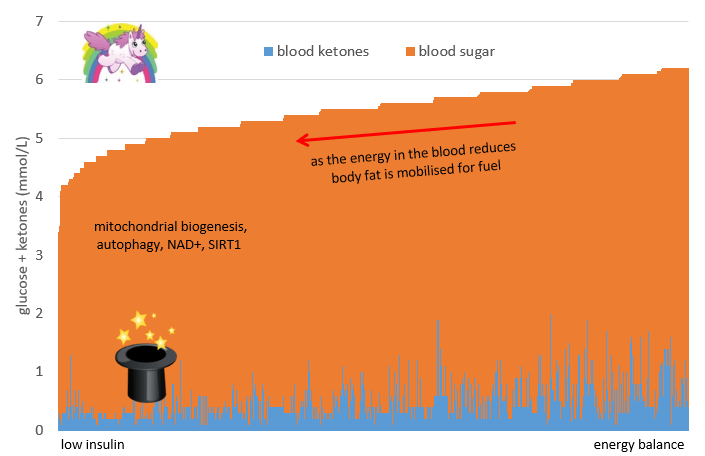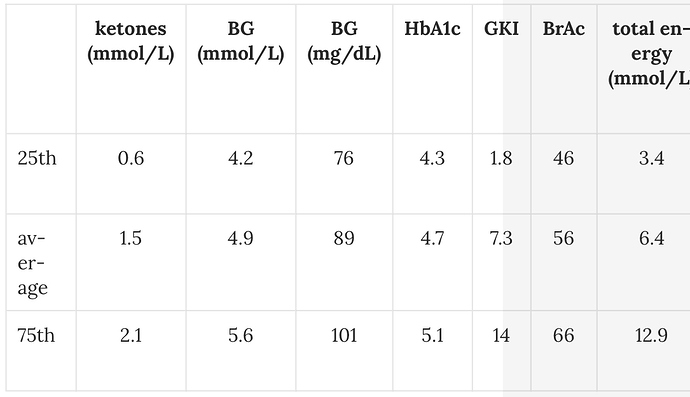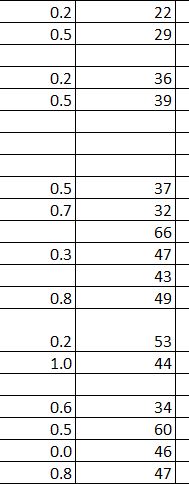As I said in both threads, I don’t find that study convincing. Firstly, I don’t know of any mechanism for measuring fat metabolism directly except RQ, and that’s not something that we can do at home. (And even RQ only tells what proportion of fat versus glucose is being metabolized, not the quantity of either—or so I understand.) Secondly, that study makes several assumptions that don’t appear to be justified, so to say that exhaled acetone is a “more accurate” measure of fat metabolism than measuring serum BOHB seems to be a wild leap, in the absence of any other studies. Particularly when the only claim that one study makes is that it is a reliable marker for serum BOHB levels.
If you had said it was a “cheaper, reasonably reliable substitute” for measuring BOHB, then I’d certainly have gone along with you, because it’s an assertion that is quite in line with the available research. But even that assertion relies on the assumption that the body is producing enough acetone to be able to waste some in the breath before it gets used, whereas BOHB remains in the bloodstream until use and doesn’t get wasted. For that reason, I would consider it an ultimately more reliable, albeit much more expensive, marker for ketone production than either urinary acetoacetate or breath acetone.
Personally, I don’t measure my ketones at all. If I really needed to know how much I was producing, I’d buy a blood monitor by preference, and hang the expense. If I were to give my inner Scotsman free rein, however, a cheap breathalyzer is the way I’d go, for sure.
(Of course, the question of how many of the ketone bodies produced by the liver are actually getting used is a whole other matter, which we really don’t need to go into, lol!  It sure would be nice to be able to measure that, however.)
It sure would be nice to be able to measure that, however.)


